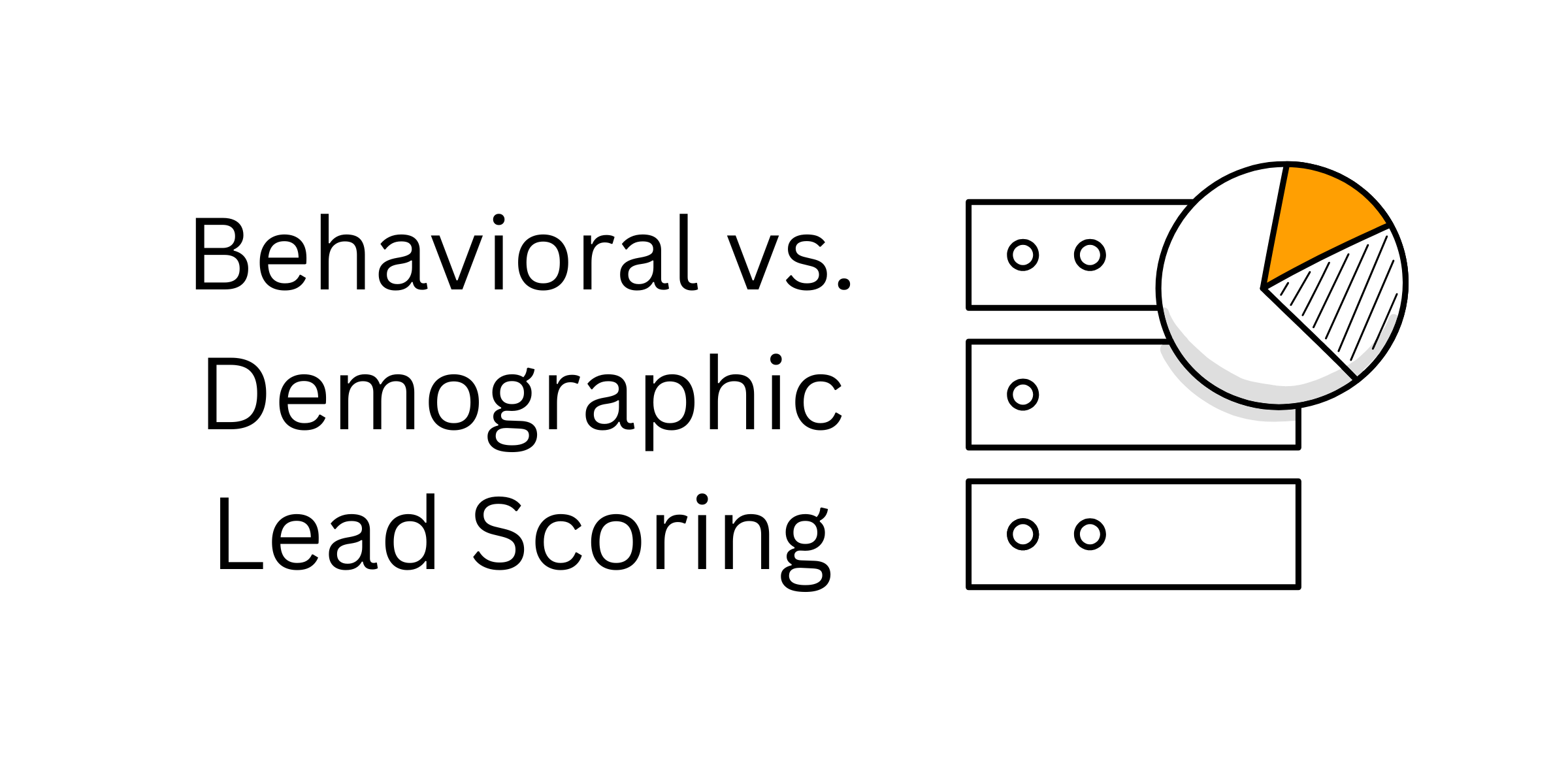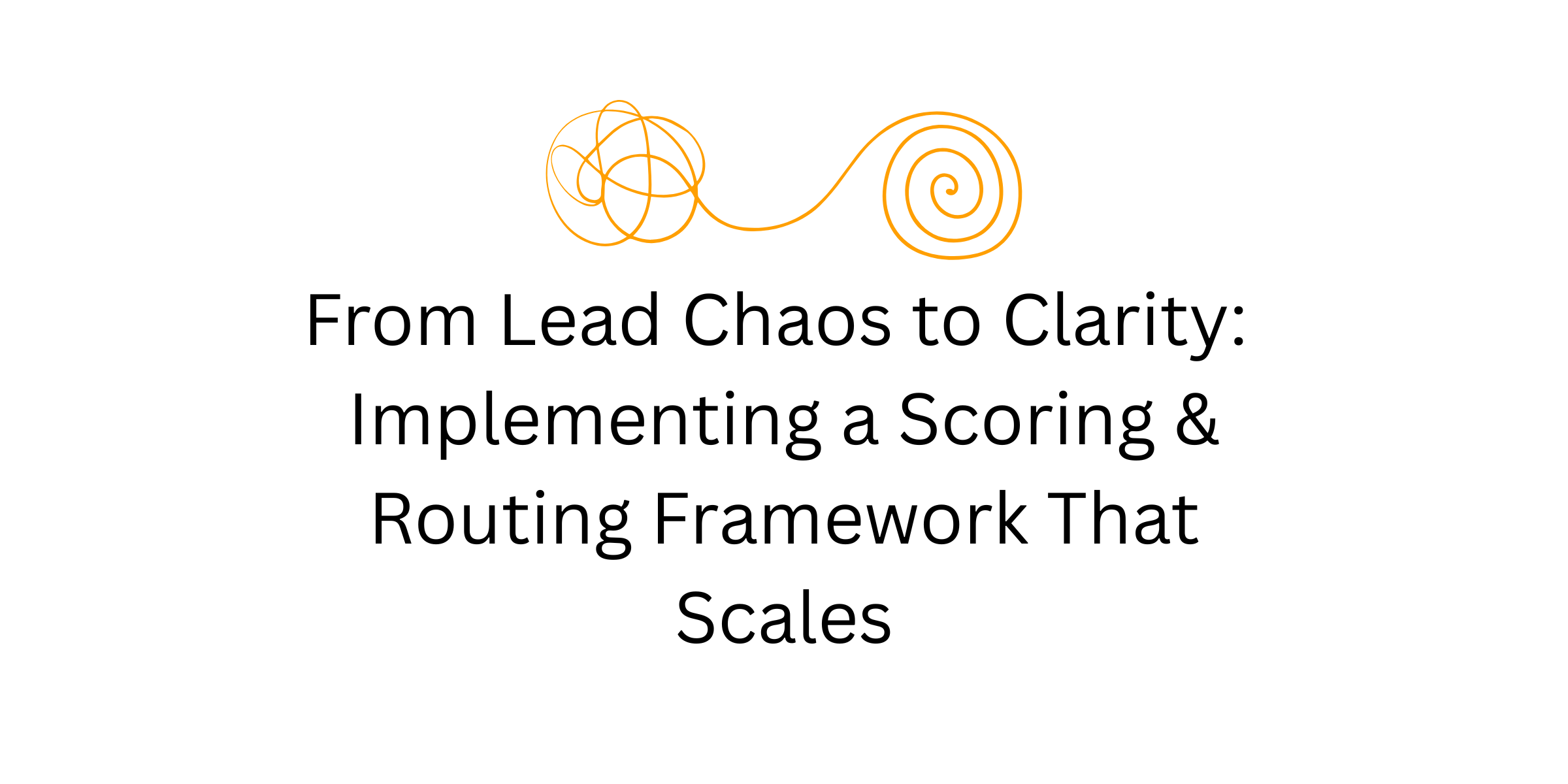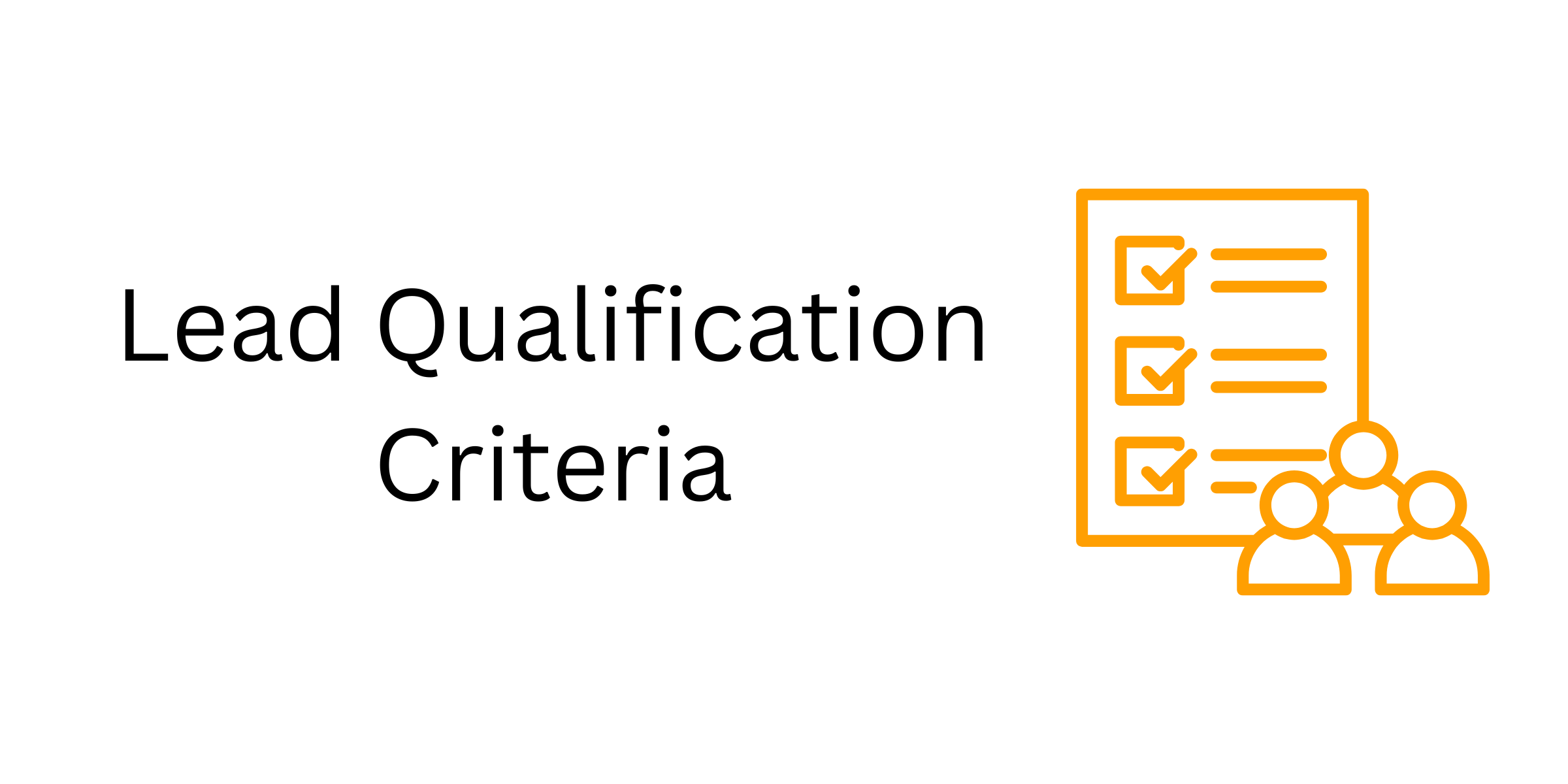CRM Simplified: Everything You Need to Know
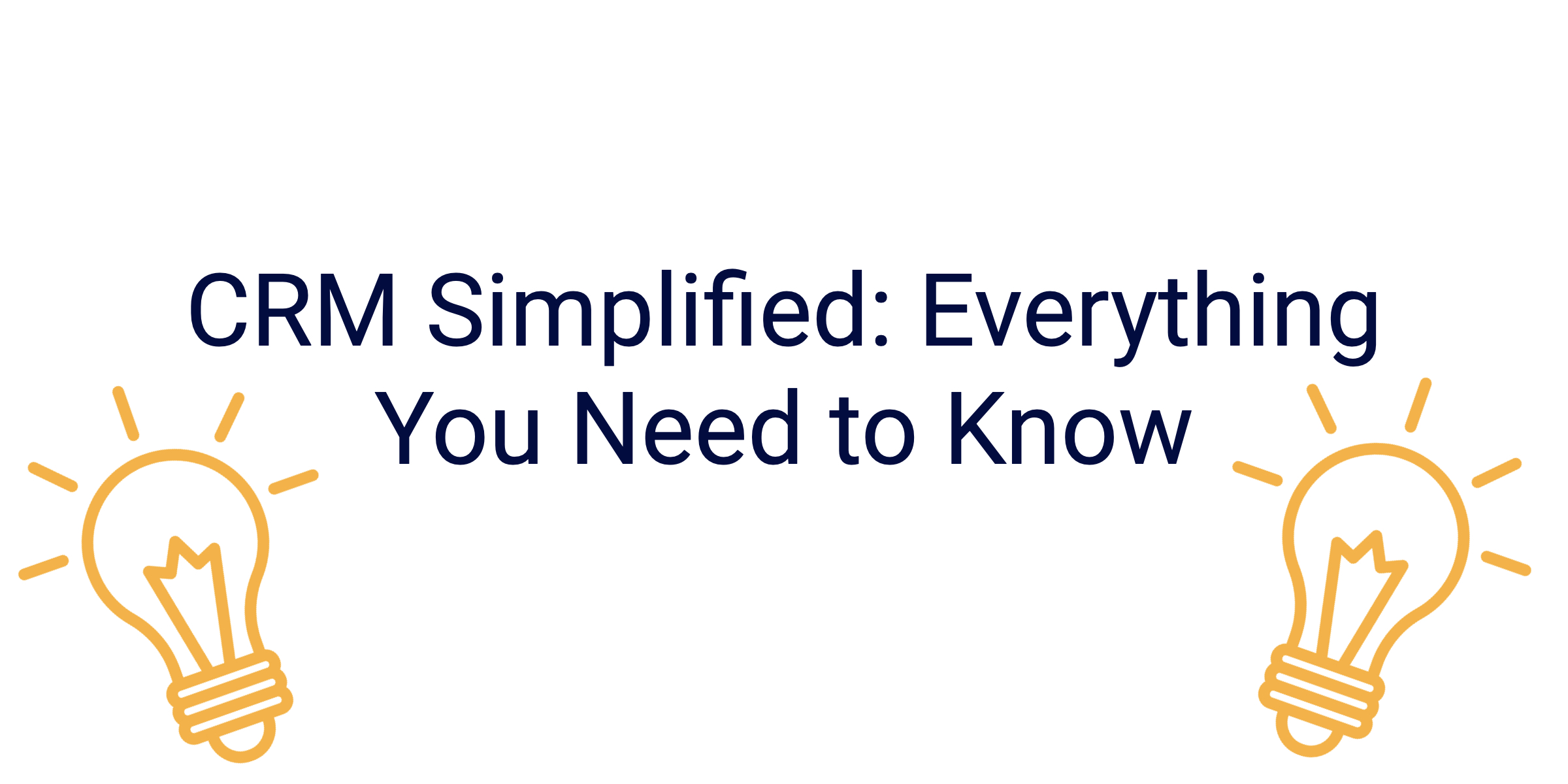
CRM Simplified: Everything You Need to Know



What is CRM?
A CRM, or Customer Relationship Management system, is a technology that helps businesses manage and analyze customer interactions and data throughout the customer lifecycle. It streamlines processes, improves customer relationships, and ultimately aims to drive business growth.
Not sure if a CRM system is for you? Maybe these impressive stats will show the value of a working CRM system.
According to Keevee:
- CRM usage increases sales by 29%.
- 88% of businesses reported improved customer satisfaction with CRM tools.
- CRMs improve customer retention by 27%.
- 91% of companies with a CRM report better data organization.
💡 Book a free CRM consultation
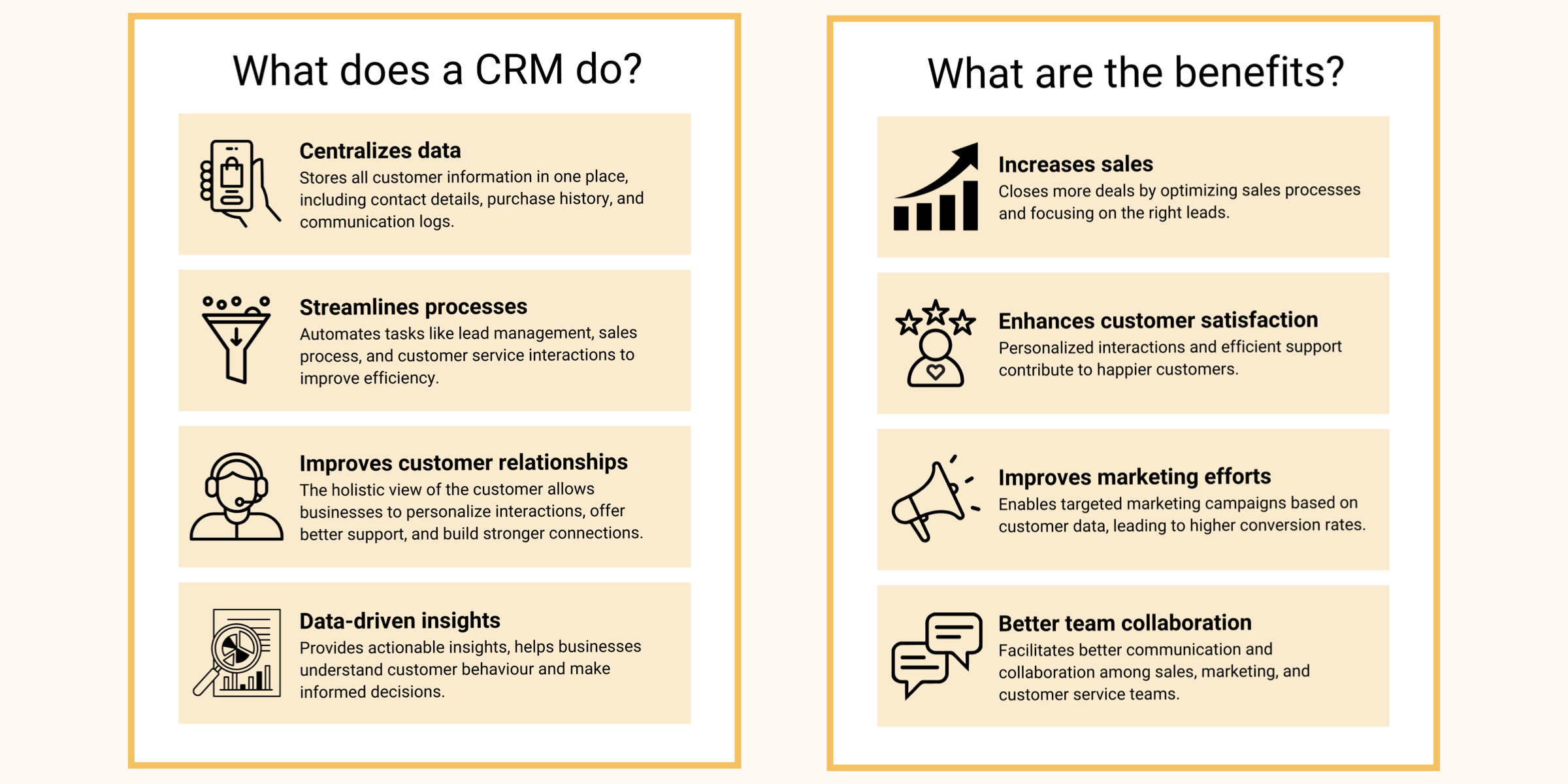
The Benefits of Using a CRM
Implementing a Customer Relationship Management (CRM) system benefits businesses by streamlining operations and improving customer engagement.
One of the key advantages is centralized customer data. This provides teams with a single, unified view of each customer, which can be used to enhance communication and ensure customers receive personalized experiences.
This centralized approach also leads to improved alignment between sales and marketing teams, enabling more targeted campaigns and smoother lead management.
ℹ️ Learn more about deal stages and lead stages
CRM systems support better customer service by giving support teams instant access to relevant customer histories and preferences.
Through automation and increased efficiency, routine tasks such as follow-ups, data entry, and workflows are handled automatically, freeing up valuable time for strategic work.
Finally, CRMs offer enhanced analytics and reporting, allowing businesses to track performance, identify trends, and make data-driven decisions that fuel growth.
Types of CRM Systems
CRM systems generally fall into three main categories, each serving a unique function within an organization.
Operational CRM focuses on automating and streamlining key business processes in sales, marketing, and customer service. Helping teams manage leads, run campaigns, and deliver efficient support.
Analytical CRM is designed for data analysis and reporting, enabling businesses to gain deep insights into customer behavior, preferences, and trends to drive smarter, more strategic decisions.
Collaborative CRM emphasizes information sharing across departments and teams. Ensuring customer interactions are consistent and informed, whether they occur through sales, support, or marketing channels.
Together, these types of CRM systems provide a comprehensive approach to managing customer relationships and improving overall business performance.
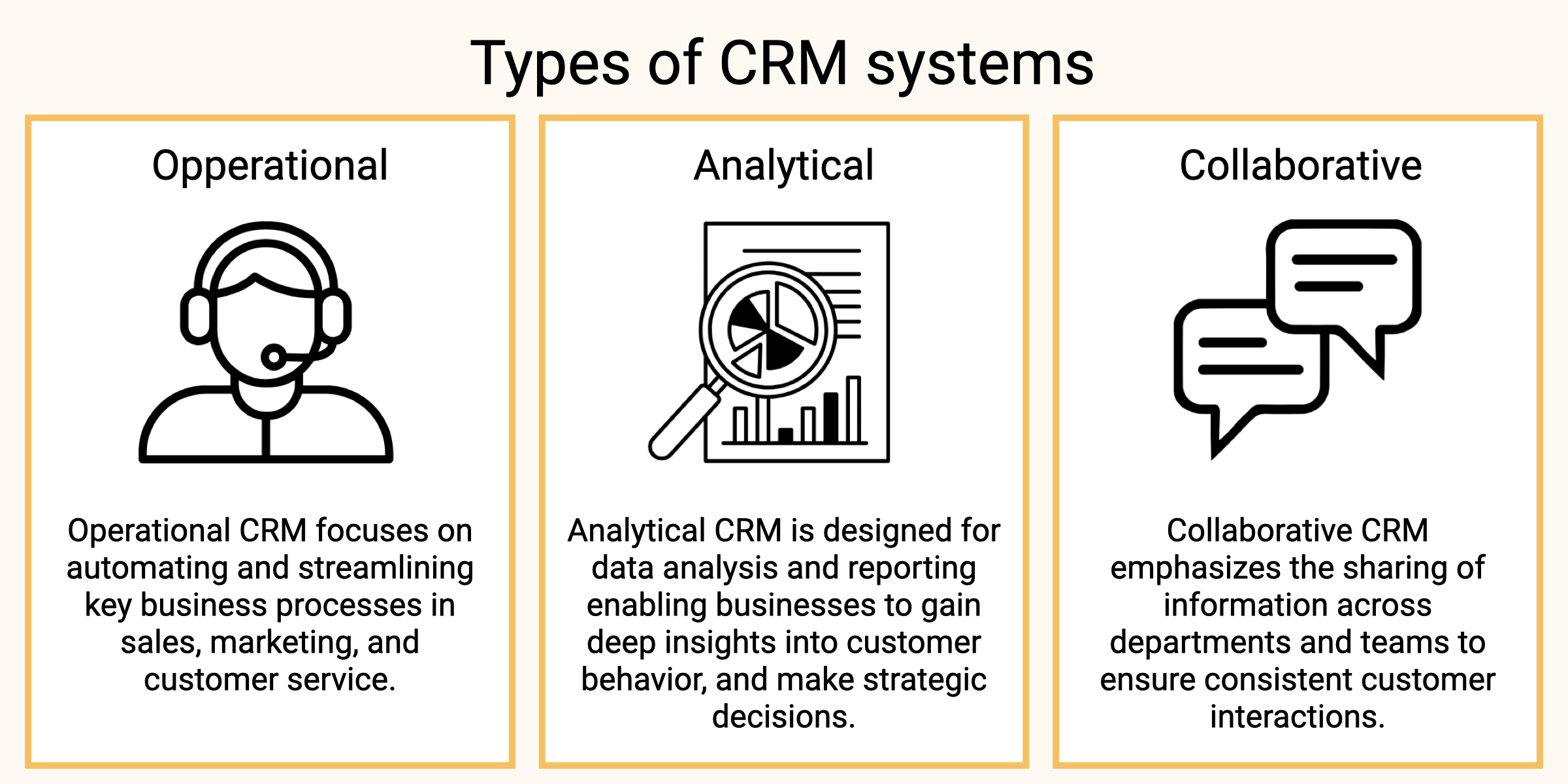
CRM Features to Look For
When choosing a CRM system, it’s important to think about what your business needs and then look for features that meet these needs. This could include supporting your team's workflow, enhancing customer engagement, and driving growth. Key features to consider include:
- Contact Management: This is the foundation of any CRM, allowing you to store and organize detailed customer information in one place. It ensures that every team member has access to up-to-date contact details, communication history, and preferences. This is crucial for delivering personalized experiences.
- Lead Tracking: Efficient lead management helps you monitor prospects throughout the sales funnel, from initial interest to conversion. This feature supports better forecasting, prioritization, and follow-up, reducing the risk of missed opportunities.
- Email Integration: Integrating your email system with your CRM allows for seamless communication tracking, automated email sequences, and better coordination between marketing and sales. It also saves time, ensuring a consistent message is delivered.
- Sales Pipeline Management: A visual sales pipeline gives teams a clear overview of where each deal stands. This helps salespeople focus on the most promising leads and enables managers to identify bottlenecks or gaps in the sales process.
- Reporting Dashboards: Customizable dashboards provide real-time insights into performance metrics such as sales, customer interactions, and campaign success. These analytics help guide strategy, measure ROI, and support data-driven decisions.
- Mobile Access: With today’s mobile workforce, CRM access on smartphones and tablets is essential. Mobile functionality allows teams to update records, access customer info, and communicate on the go. These features can boost productivity and responsiveness.
- Third-Party Integrations: A good CRM should integrate seamlessly with tools your business already uses, such as Slack, Mailchimp, or Google Workspace. These integrations enhance workflow efficiency and reduce the need for constant app switching.
💡 Book a free CRM consultation
Choosing a CRM with core features relevant to your business, ensures your business can stay organized, work smarter, and build stronger, more profitable customer relationships.
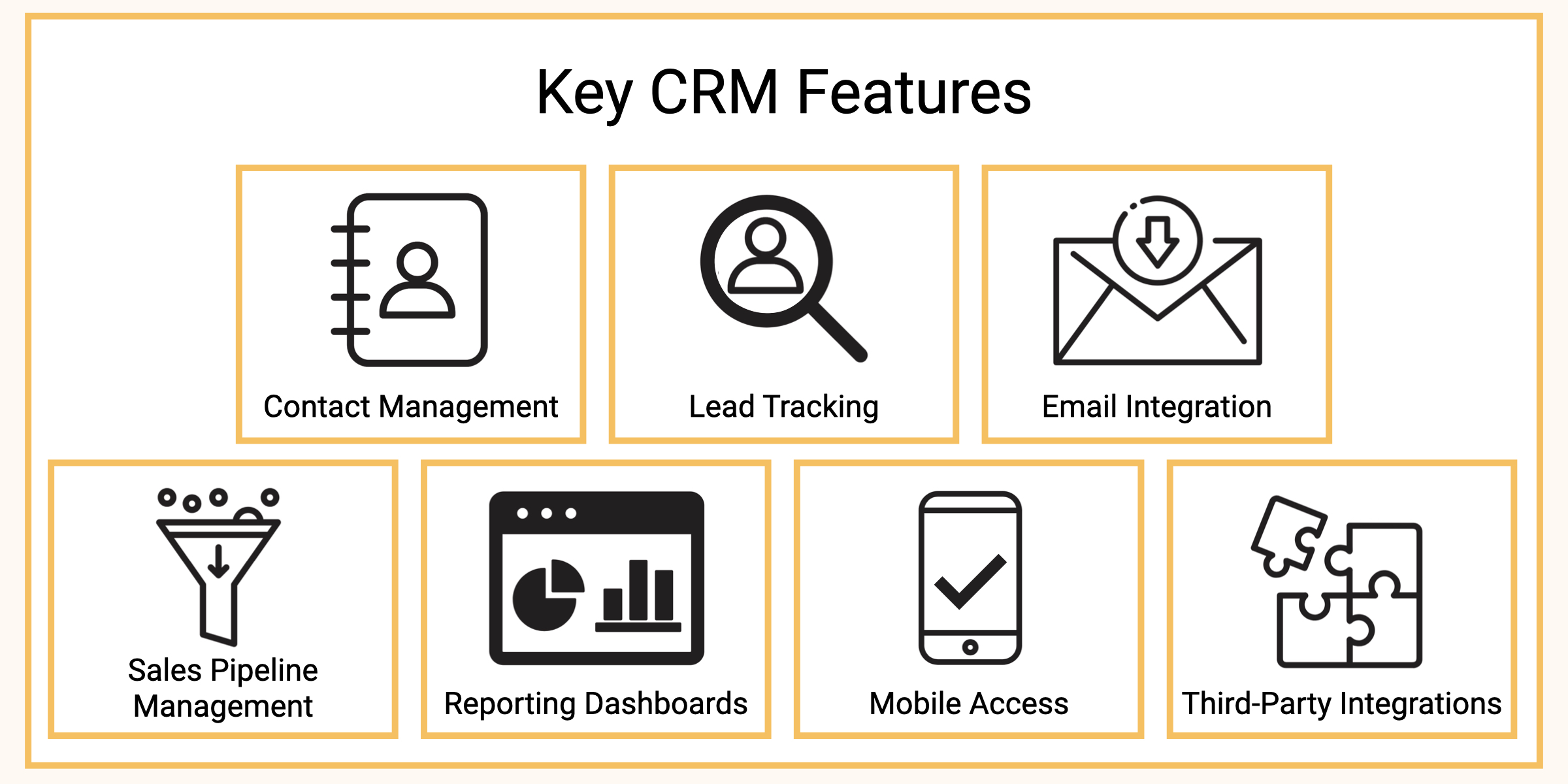
ℹ️ Learn more about business reporting
How to Choose the Right CRM
Choosing the right CRM system starts with a clear understanding of your team size and business goals. Smaller teams may benefit from simpler, more user-friendly platforms, while larger organizations often need advanced features and custom workflows.
Your budget and the vendor’s pricing model are also key considerations. Some CRMs offer flexible subscription plans, while others may require long-term contracts or charge per user.
It’s important to evaluate the ease of use, as an intuitive interface ensures quicker adoption and reduces training time. Additionally, consider the CRM’s scalability, so it can grow alongside your business without requiring a full migration later on.
Lastly, assess your integration needs—a CRM that connects easily with your existing tools (like email platforms, marketing software, or collaboration apps) will streamline processes and maximize efficiency.
Taking these factors into account will help you select a CRM that not only fits your current needs but also supports future growth.
Read more about choosing a CRM for your business type with these indepth articles.
ℹ️ CRM for PLG SaaS businesses
ℹ️ CRM for SLS SaaS businesses
ℹ️ CRM for Pay-for-lead businesses
CRM Use Cases
CRM systems are widely used across different departments to streamline processes and improve customer interactions.
For sales teams, a CRM helps manage leads more effectively by tracking each prospect through the sales pipeline, setting follow-up reminders, and identifying high-priority opportunities. This ultimately leads to improving deal closure rates.
Marketing teams use CRM data to create personalized outreach campaigns, segment audiences, and track engagement, allowing for more targeted and effective marketing efforts.
On the customer support side, CRMs provide a complete view of customer history and previous interactions, enabling support teams to respond faster and more accurately to inquiries or issues.
By centralizing customer information, a CRM ensures all departments are aligned and working with the same up-to-date data. Run well, this leads to a more consistent and satisfying customer experience.
CRM Implementation Tips
Successfully implementing a CRM system involves more than just installing software. It requires strategic planning, team alignment, and ongoing optimization. Here are key tips to ensure a smooth and effective CRM rollout
Get Team Buy-In
One of the most critical steps in CRM implementation is securing buy-in from your team, especially from sales, marketing, and customer service staff who will use the system daily. Involve team members early in the decision-making process, gather feedback on pain points with current tools, and clearly communicate how the CRM will make their work easier and more effective. When employees understand the value the CRM brings to their roles, they’re more likely to adopt and champion it.
Clean Up Your Data First
Before migrating to a new CRM, it's essential to clean up your existing customer data. This means removing duplicates, correcting outdated information, and standardizing formats for fields like names, phone numbers, and emails. Clean, well-structured data sets the foundation for accurate reporting, smooth automation, and a better customer experience. Starting with messy data can compromise the effectiveness of the CRM and create unnecessary headaches down the line.
Train Your Team
Even the best CRM system won’t deliver results if your team doesn’t know how to use it. Comprehensive training is key to successful adoption. Tailor your training sessions to different user roles (e.g., sales reps, marketers, customer service agents), and provide hands-on experience with workflows they’ll use regularly. Also, make sure to offer ongoing training and resources, as CRM platforms are regularly updated with new features that can benefit your team.
Monitor KPIs Post-Implementation
Once the CRM is in place, continue to track key performance indicators (KPIs) to measure its impact and guide future improvements. Metrics like lead conversion rates, customer response times, deal velocity, and user adoption rates can reveal whether the system is being used effectively and where additional training or optimization may be needed. Use built-in reporting tools and dashboards to keep these insights visible to team leaders and stakeholders.
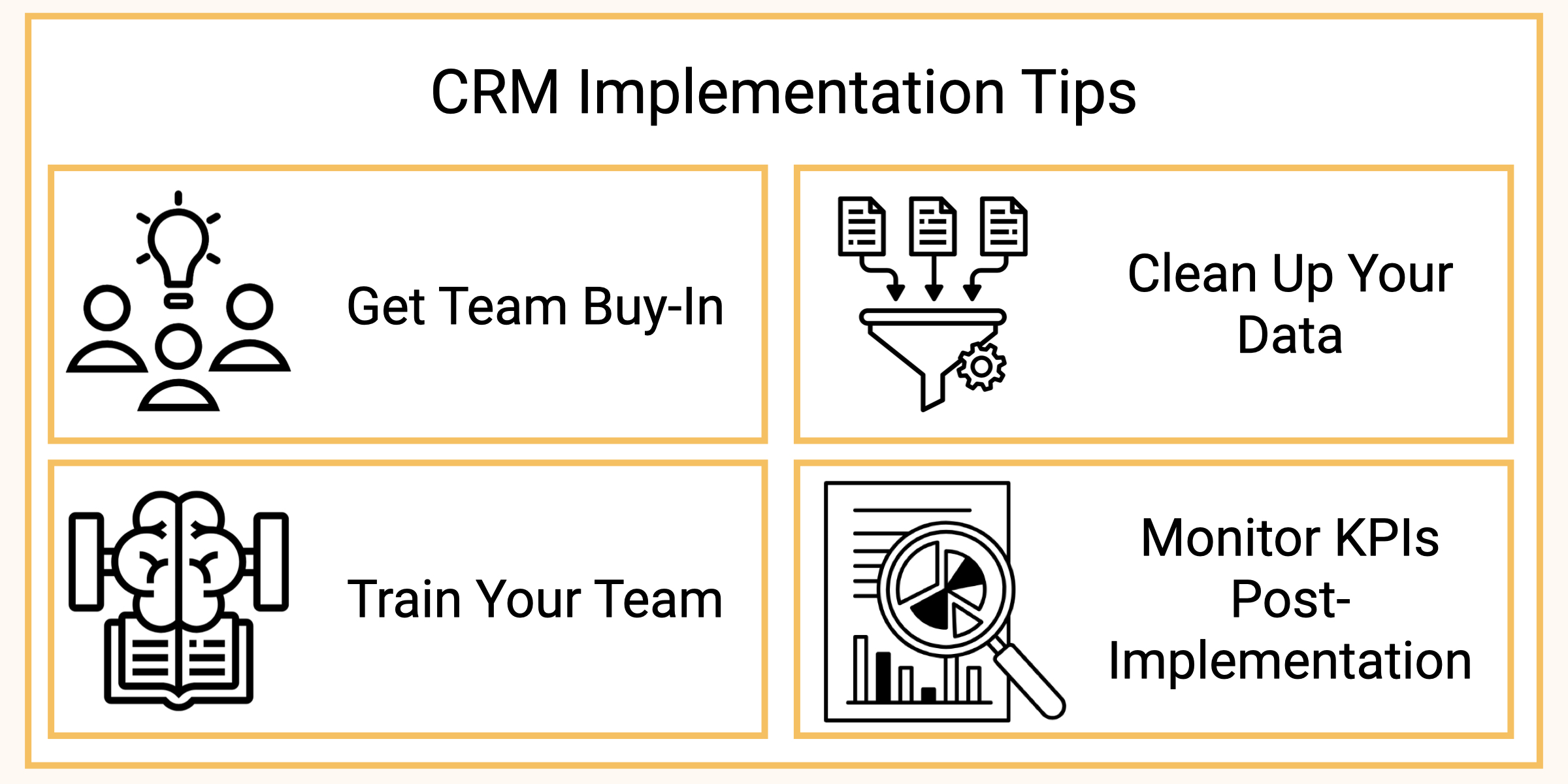
Top CRM Tools
Before we run through some of the more well known CRM tools, we want to make it clear that we are a we are a process first automation agency. Our goal is to solve business problems not promote a product or service. We use our CRM knowledge to match you with the tool that addresses your business needs.
Salesforce
Salesforce is one of the most powerful and customizable CRM platforms available, widely used by large enterprises. It offers robust tools for sales, marketing, customer service, and analytics, along with an extensive app ecosystem (AppExchange). While highly scalable, it can be complex and may require dedicated admin support.
Good for: Large businesses and enterprises with complex sales processes and customization needs.
HubSpot CRM
HubSpot CRM is a user-friendly, cloud-based platform ideal for small to midsize businesses. It offers a free tier with core CRM features, and paid upgrades for advanced sales, marketing, and customer service tools. It is known for its clean interface and strong marketing automation features.
Good for: Startups and growing businesses looking for an all-in-one, easy-to-use CRM.
Zoho CRM
Zoho CRM is an affordable, feature-rich CRM that supports sales automation, marketing, analytics, and AI-powered insights. It integrates well with other Zoho apps and third-party tools. With high flexibility and customizability, it's a popular choice for small to mid-sized businesses.
Good for: Budget-conscious teams wanting scalable features and strong integration options.
Pipedrive
Pipedrive is a sales-focused CRM known for its intuitive pipeline management and visual sales dashboards. It simplifies lead tracking, activity scheduling, and deal management, making it ideal for sales teams that want a straightforward tool with minimal setup.
Good for: Sales teams and small businesses focused on managing and closing deals efficiently.
Monday Sales CRM
Monday Sales CRM is built on the popular Monday.com work operating system. It offers flexible, visual workflows for managing leads, pipelines, contacts, and sales activities. Highly customizable and easy to use, it’s ideal for teams already familiar with Monday’s project management tools.
Good for: Teams wanting a customizable CRM that integrates seamlessly with project management workflows.
💡 Book a free CRM consultation
Common Mistakes To Avoid When Choosing A CRM
When selecting a CRM, it's important to avoid common pitfalls that can limit its effectiveness and long-term value.
One major mistake is choosing a CRM based on price alone. While cost is a factor, the cheapest option may lack the features, scalability, or support your team needs to grow.
Another frequent oversight is skipping proper training; even the most intuitive CRM requires onboarding to ensure your team uses it consistently and effectively.
Perhaps most critically, failing to align the CRM with your business goals. Such as improving customer retention, increasing sales efficiency, or enhancing reporting, can result in a system that feels disconnected from day-to-day operations.
To get the most from your CRM investment, focus on fit, usability, and strategic alignment rather than cost or convenience alone.
💡 Book a free CRM consultation
CRM FAQs
1. What is a CRM system?
A Customer Relationship Management (CRM) system is a software platform that helps businesses manage interactions with current and potential customers, streamline processes, and improve sales, marketing, and customer service performance.
2. Who should use a CRM?
Any business that interacts with customers, whether through sales, support, or marketing, can benefit from a CRM. It's especially useful for growing teams that need to track leads, automate workflows, and maintain organized communication.
3. What are the key benefits of using a CRM?
CRMs help increase sales efficiency, improve customer satisfaction, streamline communication, and provide better reporting and forecasting. They also centralize customer data, making it easier to personalize outreach and service.
4. How much does a CRM system cost?
CRM pricing varies widely. Some platforms offer free plans (like HubSpot CRM), while others charge per user/month, ranging from $10 to $300+ depending on features and scalability. Enterprise solutions like Salesforce may also have additional customization costs.
5. Is a CRM only for sales teams?
No. While CRMs are often associated with sales, they’re also valuable for marketing, customer support, and operations. They help teams collaborate by sharing customer insights and tracking interactions across the customer journey.
6. Can CRMs integrate with other tools we use?
Yes, most modern CRMs offer third-party integrations with tools like Gmail, Outlook, Slack, Mailchimp, Shopify, and more. Integrations help streamline workflows and reduce the need to switch between platforms.
7. What’s the difference between cloud-based and on-premise CRMs?
Cloud-based CRMs are hosted online, offering easy access from anywhere and lower upfront costs. On-premise CRMs are installed on company servers and may offer more control, but require higher maintenance and IT resources.
8. How long does it take to implement a CRM?
Implementation time varies depending on the system’s complexity and your business size. Simple CRMs can be set up in a day, while full-featured enterprise solutions may take several weeks to customize, train, and deploy.
9. Do we need to train our team to use the CRM?
Yes, proper training is essential to ensure adoption and maximize value. Even user-friendly CRMs benefit from onboarding sessions that show your team how to use features effectively for their specific roles.
10. How do I choose the right CRM for my business?
Start by evaluating your team size, business goals, budget, and tech needs. Look for features that match your workflow, prioritize ease of use and scalability, and make sure the CRM integrates well with your existing tools.

